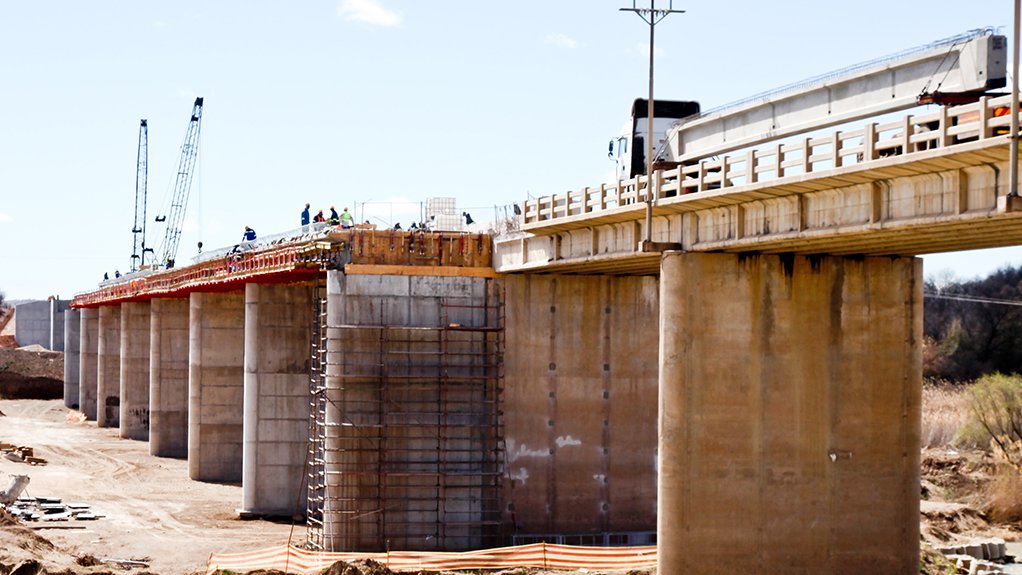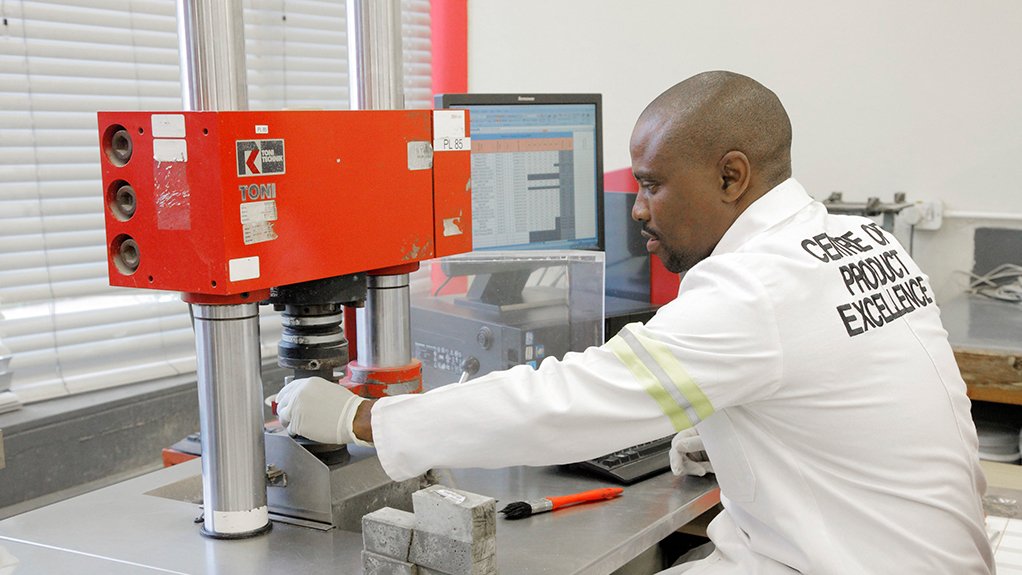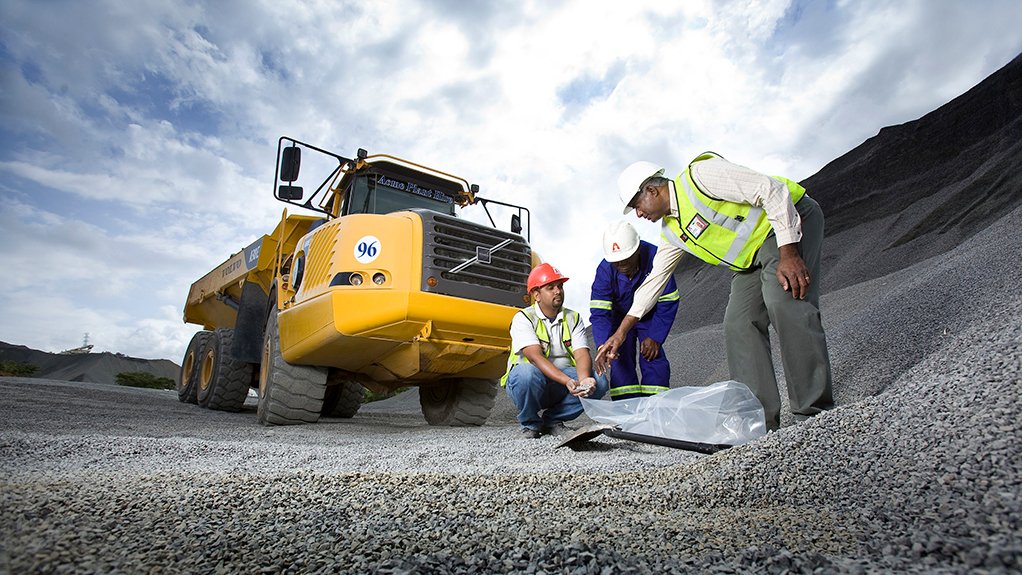Construction materials leader AfriSam leverages the power of applied research to make roads, bridges and other concrete structures more resistant to corrosive environments.
Among its long term research is a project assessing the effects of highly corrosive environments on concretes, and how different proportions and types of raw materials can mitigate these impacts.
According to Nithia Pillay, AfriSam’s national product technical manager for construction materials, the research is part of a continuous effort to improve the performance and longevity of civils structures and buildings.
“The ongoing, proactive monitoring that we conduct as part of our quality control function also forms an important part of the company’s product development cycle,” says Pillay. “The data we generate gives us the scientific and experiential basis to constantly develop new innovations.”
Results from these tests feed into dedicated computer software, allowing architects and contractors to specify the appropriate grade of concrete to suit their project’s environmental conditions. In this way, the company’s investment in expertise and systems to sustain quality products also positions it well to conduct and coordinate valuable research.
“In collaboration with customers, universities and other bodies, we explore the properties of cements, supplementary cementitious materials, aggregates and concrete,” he says. “By actively mapping quarry rock type and quality, blasted material is expertly paired with appropriate applications.”
For instance, roadstone is supplied to the specific grading, shape and wearing properties required for asphalt and road surfacing applications.
“The material we supply for layer works, such as the base and sub-base materials, must provide the interlocking support structure in road design, with the different categories of graded material catering for varying load designs,” says Pillay.
As the leaders in Durability Index Testing, AfriSam has developed a detailed understanding of how constituent materials – as well as site practices such as compacting and curing – impact on the durability and performance of concrete. This testing is conducted in its Centre of Product Excellence laboratory, which makes itself commercially available as a service to the construction industry.
“The Durability Index Tests that are being designed and applied to concrete and civil infrastructure are based on key parameters that allow the structure’s design life to be predicted and prolonged,” he says.
The integrity of the data being collected is vital to the value of the research. It is therefore significant that the plant laboratories at AfriSam’s cement, aggregate and readymix operations around the country are all ISO 9001-certified.












